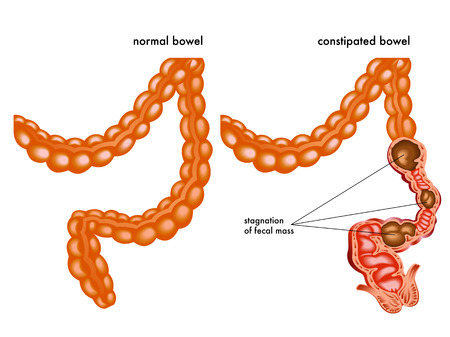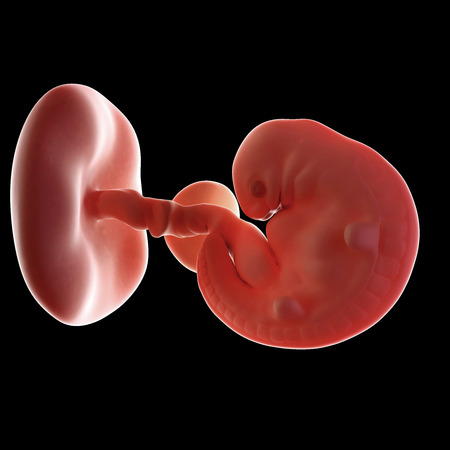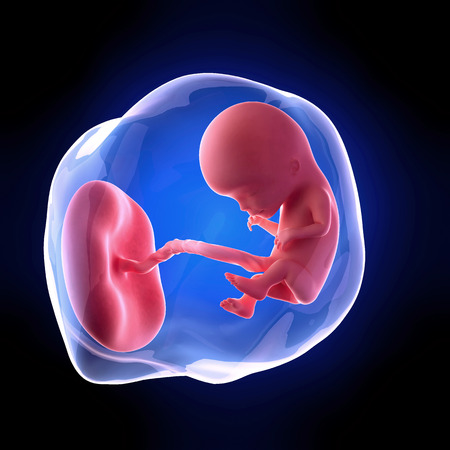What is Constipation?
Constipation is commonly understood as difficult or less frequent bowel movements as compared to normal. But the actual definition of constipation is bowel movements with a frequency of less than three times a week associated with hard and difficult stools. So, many people having only difficult stools are not diagnosed as cases of constipation. It is merely an altered bowel habit.
Causes of Constipation
Constipation causes are directly linked to your diet in most of the cases. However there are some medical conditions that cause constipation. The commonest causes are:
- Eating disorders
- Consuming food lacking in dietary fiber
- Over use of antacids containing aluminium
- Sedentary life style
- Overuse of laxatives
- Pregnancy
- Irritable bowel syndrome
- Avoiding the natural urge to have a bowel movement due to fear of pain. In patients with fissure in colon there is a sharp, pricking pain when passing stool.
- Medications like strong pain killers, anti depressants and iron supplements
- Stress
- Junk food which is low in fiber can cause toddler constipation
- Hypothryroidism
- Newborn constipation
Symptoms of Constipation

Constipation is not a serious disease. But if it becomes chronic and is not checked in time, it can lead to other problems like fissure and hemorrhoids. Fissure is a small cut in the mucous membrane of the anus due to passage of hard stool. It leads to pain and bleeding. Hemorrhoids are swollen rectal veins due to constant straining and pressure in the rectal area. The pain and swelling can cause discomfort and need to be treated with medications.
- Difficulty and straining in passing stool
- Bloating and gas formation due to collection of stool in the intestines
- Unfinished sensation after every stool
- Hard and knotty dark stools
- Irregular bowel movements
- Abdominal pain due to constipation which is mainly due to accumulation of gas
- Hardening of the abdomen in cases of severe constipation
- Loss of appetite and vomiting may occur in some cases
Constipation and Pregnancy
Constipation is a very common problem during pregnancy. Half of all the pregnant women are affected by it. During pregnancy, the hormone progesterone causes relaxation of the smooth muscles of the gut due to which the food tends to move very slowly. This leads to excessive gas formation and constipation. The growing uterus puts pressure on the rectum and leads to some amount of mechanical obstruction. The iron supplementation during pregnancy is another contributing factor to the constipation.
Treatment and Prevention of Constipation

Treatment for acute constipation is usually targeted at softening the stool by means of laxatives, stool softeners and suppositories. Increasing dietary intake or taking isopghul husk also help in increasing the bulk of the stool.
The following tips and lifestyle modifications will help to prevent constipation:
- Eating fiber rich food is the best way to relieve constipation fast. Fiber in the diet will absorb water and increase the bulk of the stool and make it soft. Wheat bran or wheat husk can be added to the food to increase its nutritional value.
- Have lots of water. Drinking a glass of warm water first thing in the morning helps to relieve constipation. Prune juice is also proven very effective in reducing constipation. Many people have a habit of taking hot tea in the morning which helps to move the bowels.
- Exercise regularly. Daily walking, swimming, jogging, aerobics will help to keep you fit throughout the pregnancy. Movement and exercise aids the process of digestion and helps relieve constipation.
- If your prenatal vitamins contain high amounts of iron, check with your doctor if you could be given another combination to check the constipation. Eating green vegetables and iron rich foods will also help to keep your iron levels high.
- Never put off or postpone the urge to pass stool. By doing so, the natural mechanism of the body gets altered and you tend to get constipated.
- Use a mild stool softener if the constipation is acute. Before taking laxatives always check with your doctor.
- In case you have hemorrhoids, try warm sitz bath to relieve the pain and discomfort.
- Never strain at stool as it can lead to an abrasion in the anal mucosa leading to a painful fissure.
- Chronic idiopathic constipation could be a part of a psychosomatic disease which most commonly related to stress. Try to avoid stressful situation and follow relaxation techniques like yoga and meditation.


